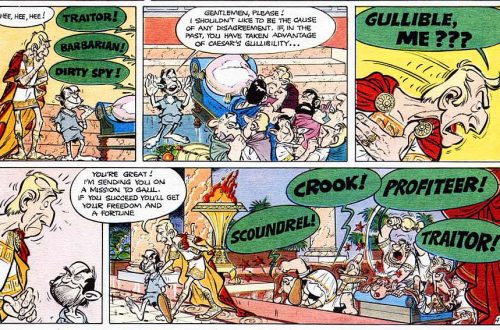After the playwright Arthur Miller died last week, a number of critics wrote that his two major works– “The Crucible” and “Death of a Salesman”– were didactic and preachy. And you know what? They’re right.
I remember suffering through a reading of the overwrought “Crucible” in high school English, while trying to convince myself that as painful as the experience was, the play’s anti-McCarthyite subtext was good for me.
But as obvious and lumbering as “Salesman” is, every time I see it on TV I’m moved. Who, after all, has not known at least one Willy Loman in their life?
I’m enough of a realist to understand that American-style capitalism has positive features. Of course we’re reminded of capitalism’s bright side every time we pass a newsstand or turn on the television.
But one of the not-so-nice features of capitalism is that it produces at least as many losers as winners. Some of those losers are victims of bad luck or bad judgment, some are out of their depth and some– like Willy Loman– are just old and worn out.
There is in fact a fascinating and largely-hidden history of failure in America. Historian Scott Sandage has even written a book about it, in which (according to a review in the recent Atlantic) “he examines diaries and letters, business records, suicide notes (during the panic of 1837 Emerson wrote that ‘the land stinks with suicide’), bankruptcy cases, and charity requests (the heartbreaking so-called ‘begging letters’ often written by the wives of broken men to the economic titans of the Gilded Age).”
So one good thing about “Salesman” is that it removed failure from the shadows where it usually dwells and put it under the spotlight in a way that was hard to forget.
I have found losers– especially those trying as hard as they can but failing anyway– to be among the most compelling of fictional characters. There’s Tommy Wilhelm in Saul Bellow’s great novel “Seize the Day,” Jack Lemmon’s Shelley Levene in the movie version of “Glengarry Glen Ross,” even poor old Gil from “The Simpsons.”

Like Willy Loman, they help us remember what Nathaniel Hawthorne observed a century and a half ago:
In this republican country, amid the fluctuating waves of our social life, somebody is always at the drowning-point.


